On April 16, the 2025 China-Tanzania Chinese + Vocational Skills Exchange Conference, hosted by ZZRVTC, was held at the new campus. Nearly 100 Chinese and Tanzanian guests attended the meeting, including representatives from the Tanzanian Embassy in China, the Tanzanian Vocational Education and Training Authority (VETA), the University of Dar es Salaam, and seven vocational colleges in Henan Province. Tian Daomin, Secretary of the Party Committee, delivered a welcome speech, and Vice President Li Fusheng presided over the meeting.

In his speech, Tian Daomin emphasized that the meticulously prepared Chinese + Vocational Skills project is a result of deep cooperation in the education sector between China and Tanzania. The project holds significant importance for promoting inclusive development in countries along the Belt and Road. Over the next six months, higher education institutions and vocational education organizations from both countries will complete technical and skills training in 10 disciplines, including artificial intelligence, civil engineering, new energy vehicle technology, electrical automation, and surveying engineering technology. These efforts aim to bring numerous development opportunities to Tanzanian youth and inject strong momentum into related industries. As the secretariat unit of the project, ZZRVTC will actively implement the Beijing Action Plan (2025-2027) of the Forum on China-Africa Cooperation. The college will work closely with Zhengzhou Vocational College of Information Technology, Henan College of Surveying and Mapping, Xinyang Vocational and Technical College, Shangqiu Polytechnic, VETA, and the University of Dar es Salaam to ensure that the project content meets practical needs and that teaching methods align with the characteristics of the trainees. The ultimate goal is to achieve learning with results and applying what is learned.
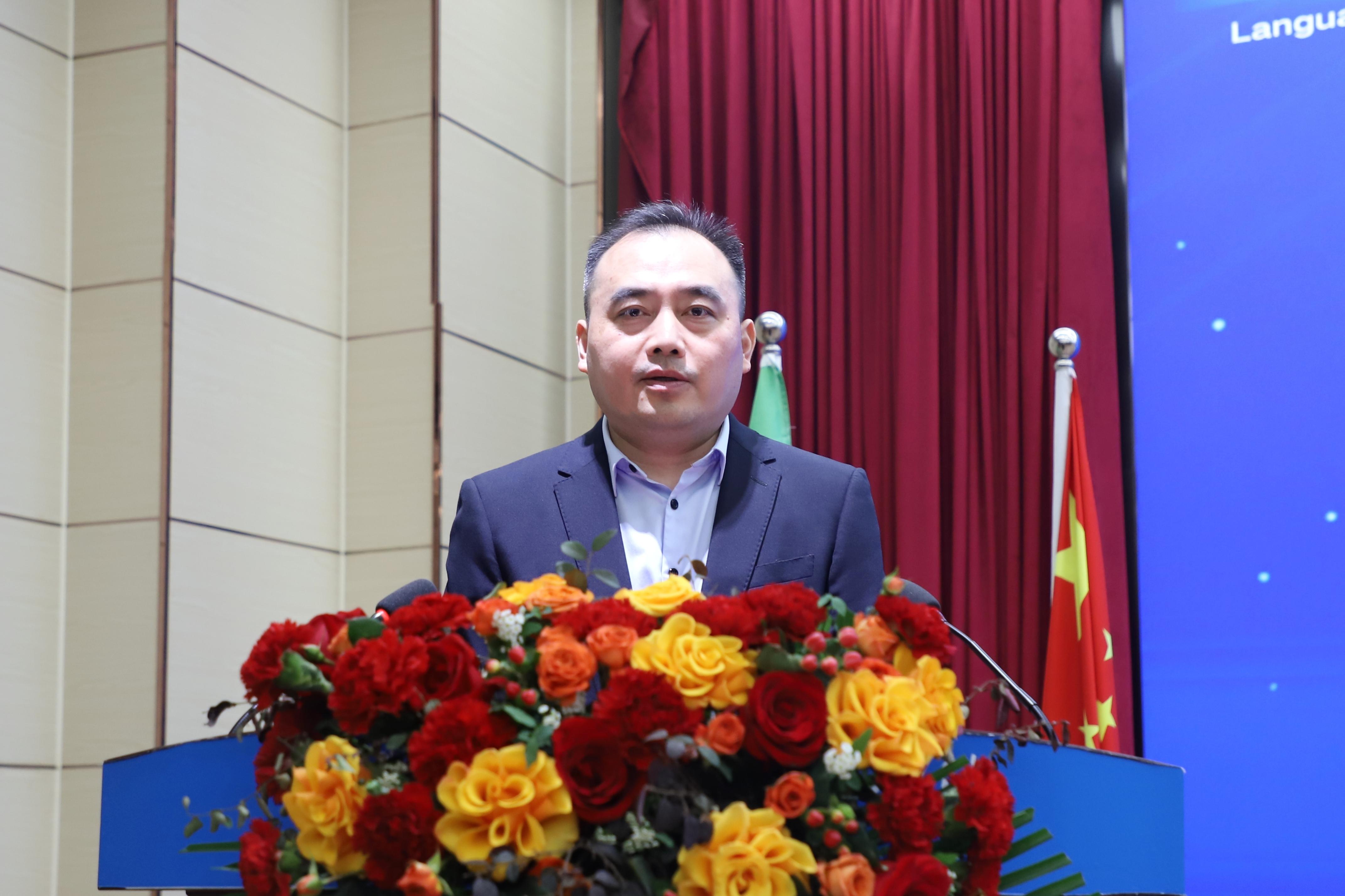
Anthony Kasore, Director General of VETA, introduced the mission, vision, and functional positioning of the authority. He stated that under the leadership of Tanzania's Ministry of Education, Science and Technology, VETA has established 80 training centers across Tanzania, offering long-term and short-term training for 89 occupations under 13 sectors. He expressed that the Chinese + Vocational Skills project serves as a starting point for further collaboration with Chinese vocational colleges, aiming to cultivate globally competitive talents with both language communication skills and professional expertise.
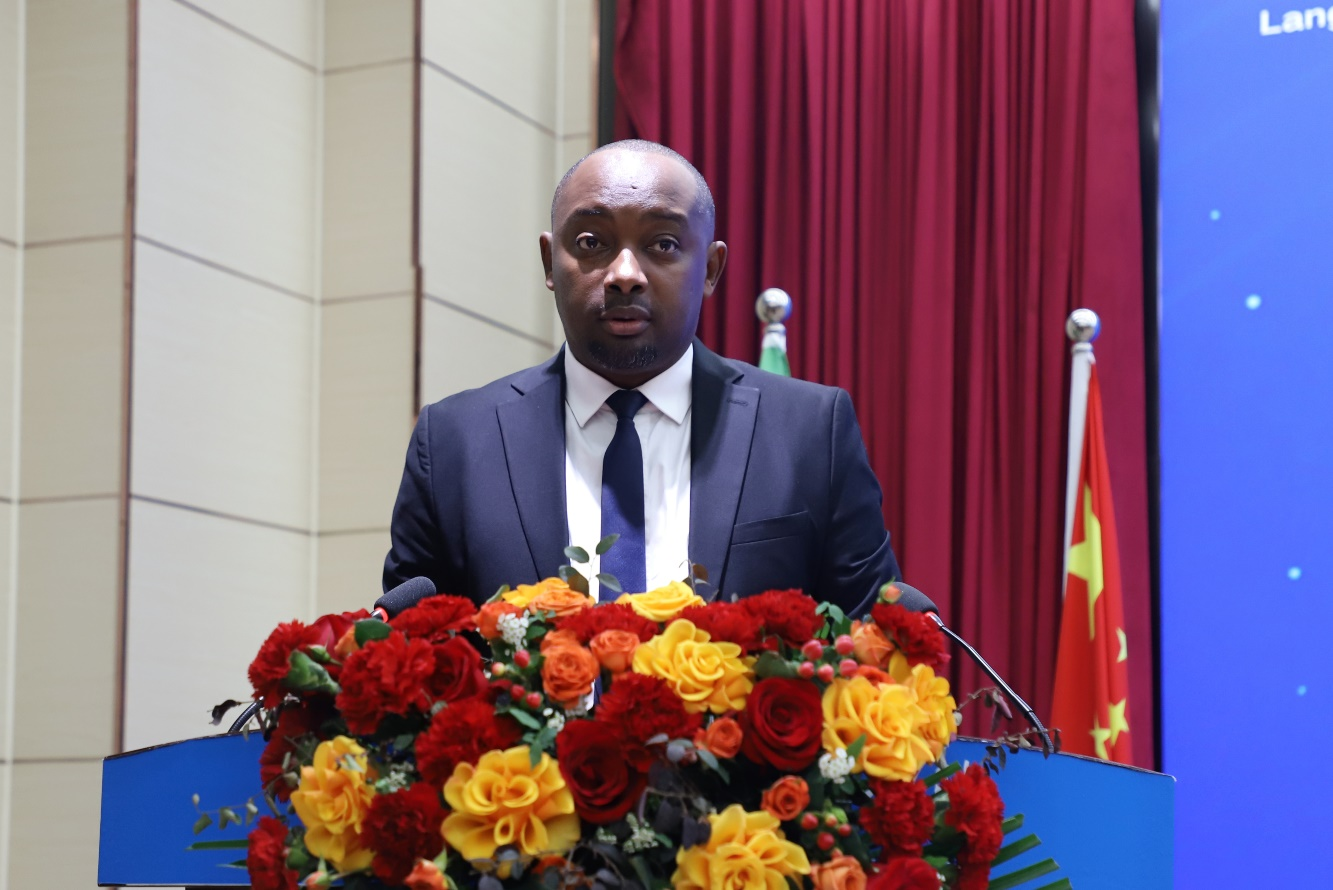
Dr. Pancras Mugishagwe Bujulu, Head of the Transportation Department at the University of Dar es Salaam, highlighted the university's commitment to becoming a globally competitive institution. He noted that the university's four-year engineering programs urgently require teaching resources aligned with cutting-edge technologies of the Fourth Industrial Revolution. Given the high costs of acquiring advanced equipment and training faculty, the launch of the Chinese + Vocational Skills project is timely. The university plans to further expand the scope of Sino-Tanzanian educational cooperation to enhance the vocational skills and practical abilities of its graduates.
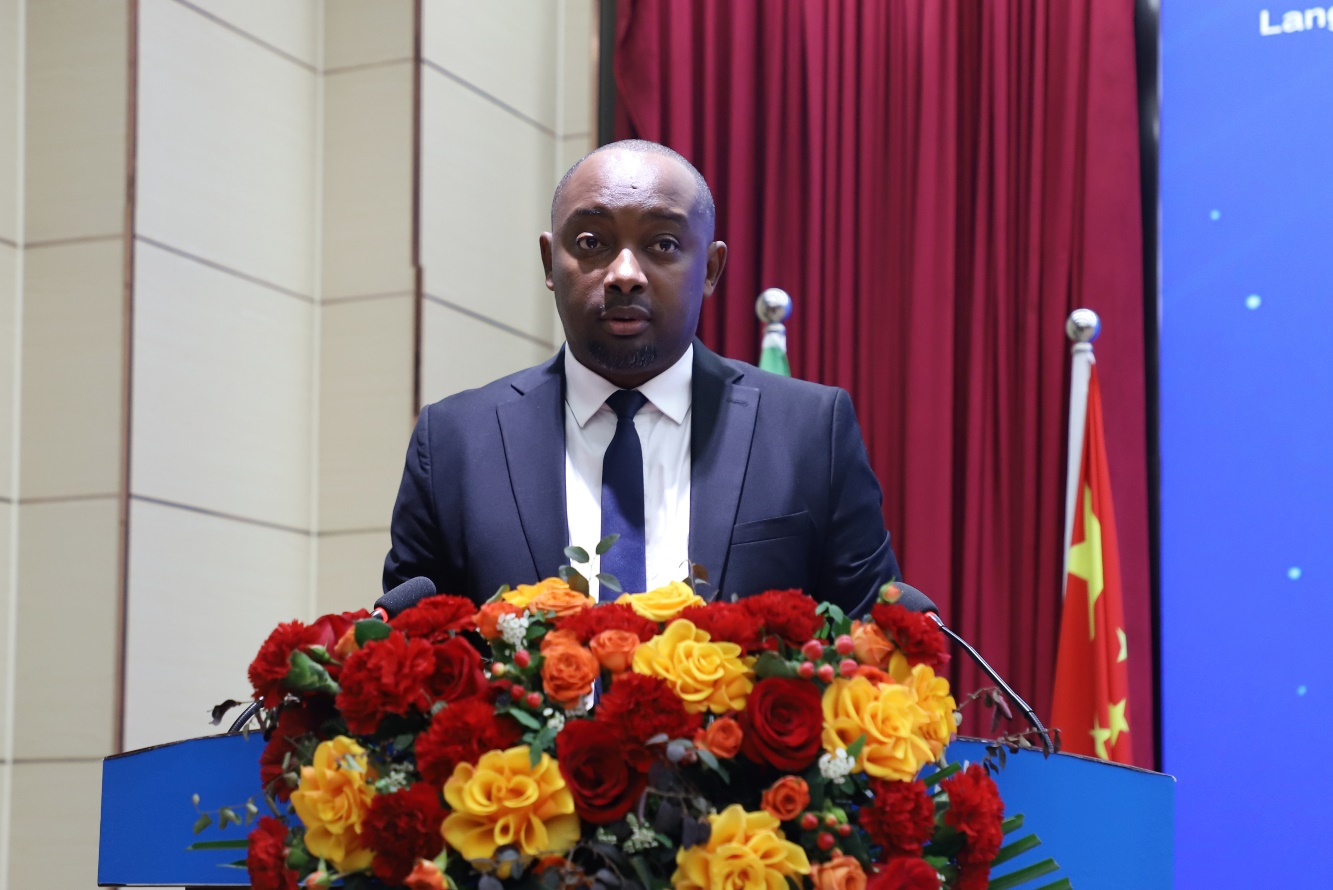
Xue Mingzhi, Secretary of the Party Committee and President of Shangqiu Polytechnic, described the Chinese + Vocational Skills project as an innovative practice of China's vocational education in international exchanges. He emphasized that the deep integration of Chinese language teaching and vocational skills training not only equips overseas students with practical skills but also helps them understand Chinese culture, fostering their role as ambassadors of Sino-foreign friendship and cooperation.
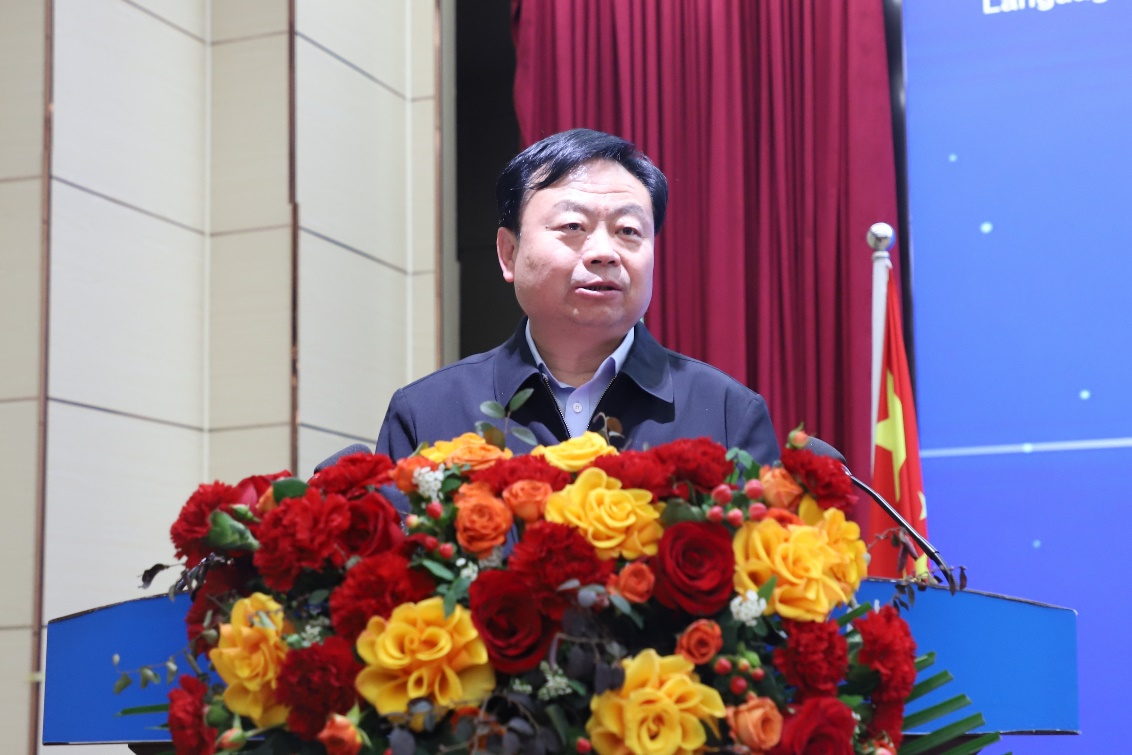
During the meeting, Anthony Kasore presented project approval certificates to the participating institutions.
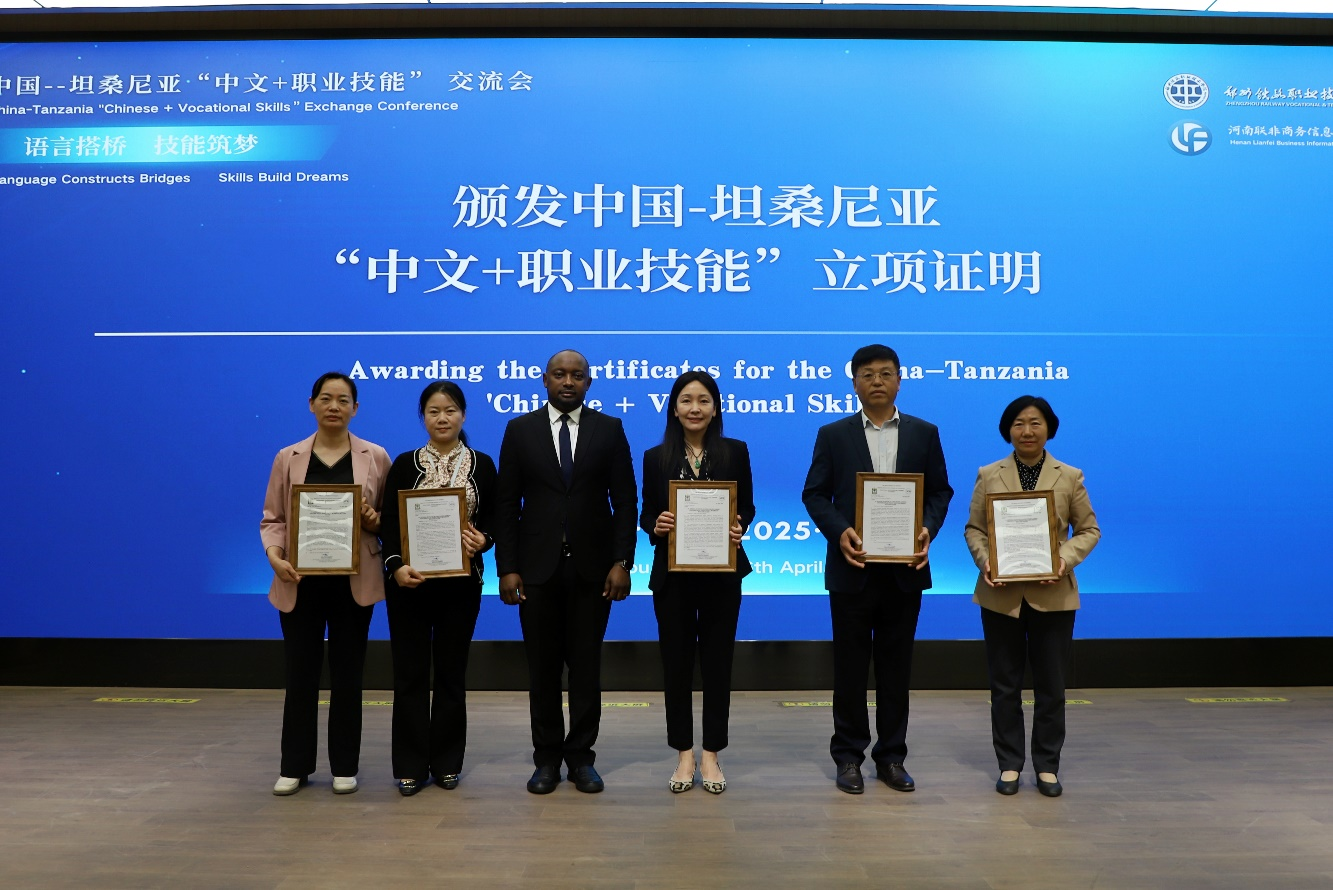
The 2025 China-Tanzania Chinese + Vocational Skills project, jointly organized by ZZRVTC and four other colleges in Henan Province, has received strong support from Tanzania's Ministry of Education, Science and Technology and the Tanzanian Embassy in China. Throughout the project's implementation, all parties will adhere to the principles of consultation, contribution, and shared benefits, leveraging their unique strengths to develop scientific and practical training plans. The project aims to cultivate talents with both Chinese language proficiency and professional skills, addressing the talent shortage faced by Chinese enterprises operating across borders and improving local livelihoods in Tanzania. These efforts will contribute to the high-quality and in-depth development of the Belt and Road Initiative.

